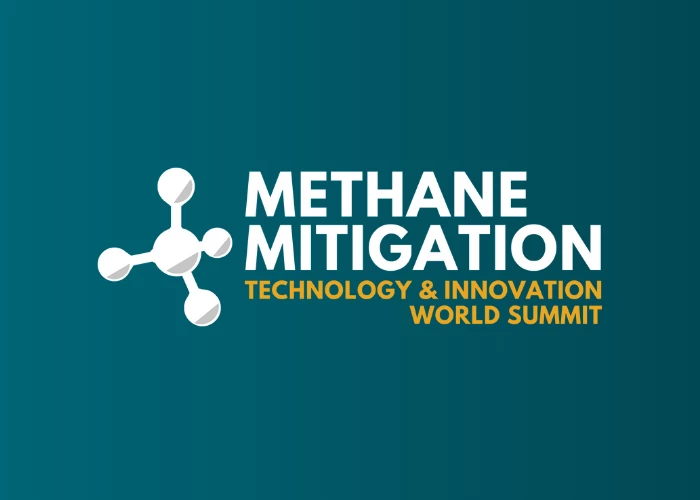Five ways IT is changing the future of oil and gas
Anand Laxshmivarahan looks from the inside out at how next generation IT is going to revolutionise the energy business
Add bookmarkBeing part of the IT industry that’s enabling digital transformation makes one thing abundantly clear – industries and business models are going to be disrupted unimaginably.
However, being so close to this industry also means that one might be blinded to how the IT industry itself will be disrupted and transformed.
In the recent past there have been a few moments that triggered this thought – this blog is a result of some deeper thinking trying to connect these dots. Here are a few of those moments:
A colleague's digital mortgage
On a car ride, a colleague tells how he was moving his mortgage from a physical, nationalised bank to a digital-only mortgage provider at record low prices. Record low prices because they could pass-on significant operating costs reductions by virtualising their entire business.
Bricks are giving way to bytes
This was a typical customer call where an oil major was explaining to its vendor ecosystem how they envisioned the average petroleum retail forecourt to transform over the next 10 years.
One of the attendees asked – if autonomous cars form the future of global transportation, would the supermajors consider moving to completely digital channels instead of physical convenience stores that accompany gas stations of today?
Autonomous cars of the future can drive in to the gas station in the middle of the night by themselves which means the number of people visiting a physical store could significantly decrease. Could this mean that the oil majors start competing or partnering with the Amazons and Walmarts of this world?
The new-age boss
There is a buzz all around on the rise of a chief digital officer (CDO) role in across the business world. This role is expected to blend knowledge of both business and technology.
Expectations from this role are high and there is even a belief that the role will potentially succeed current CEOs as industries move from physical to cyber-physical or digital-only businesses.
Could this mean that the oil majors start competing or partnering with the Amazons and Walmarts of this world?
Source of the next billion dollars
If you are in the oil and gas sector you follow the likes of Shell, BP, Chevron and Saudi Aramco, one cannot miss noticing the significant venture investments in niche startups they are all making. In my mind, these digitalised startups are at the epicentre of these organisations’ business diversification strategy.
“Servicelisation” of everything:
In the new order of digital business, we are seeing a move towards match-making – brokering services between providers and consumers of services: be they taxis, rooms or programmers.
IT within organisations has evolved over the years thus:
- Initially, businesses bought and used their applications and tools. There was no formal IT or investment.
- As businesses matured and had more appetite for investment, there was a lot more standardisation and formation of a central IT organisation.
- Next came the wave of large outsourcing to key global IT providers while organisations continued to build their own IT groups.
- As IT within organisations became heavier, industries such as oil and gas considered them non-core and started disinvesting them. These disinvested entities were being bought by large IT outsourcers.
- With the emergence of disruptive technologies and digital, most IT organisations created a separate focus on digital. These entities are enabling customers to re-imagine processes and digitalise their operations.
Crystal ball-gazing into the future, I think these will be the next steps in the journey:
- IT moving from being a “cost centre” to becoming a “digital line of business” within organisations.
- The change from being people, process and technology-centric to driving AI, cyber-physical and hyper-automation to enable newer business models and revenue growth.
- Leveraging crowdsourced skills and expertise. This will cut overheads, significantly reduce costs to deliver, and bring agility in standing up new businesses. The CDO role and its ilk will likely manage the crowdsourced digital ecosystem with a lean team.
In the new order of digital business, we are seeing a move towards match-making – brokering services between providers and consumers of services: be they taxis, rooms or programmers.
- Becoming the organisation's near-autonomous business that will broker between an array of global service providers and service consumers.
- Transitioning from leveraging economies of scale to becoming the organisation’s ability to venture and diversify into new digital businesses.
This is probably best explained through a visual example (below). The current model relies on the oil and gas entity makes it money from sale of oil and finished products.
They have their own IT teams and a set of IT vendors to provide them with technologies and services at a cost.
In the future, I see the oil and gas startups of today becoming the digital lines of businesses of tomorrow that will generate their own revenues.
These revenue streams could come from diversification to new digital retail stores, AI-enabled autonomous algorithmic trades or a machine learning-enabled home energy advisory business.













